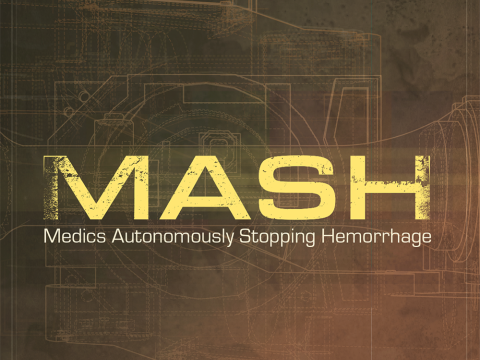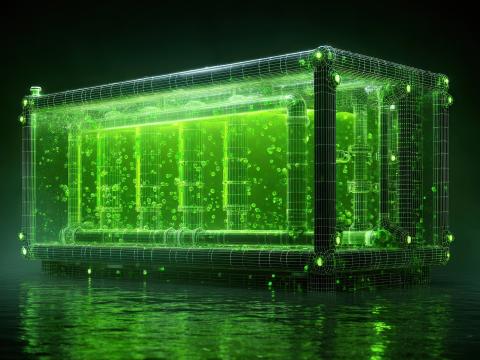New IED Detection Technology Transferred to U.S. Army
The U.S. Army now has a modified radar system that can detect roadside bombs, day or night and in any weather, from unmanned aerial vehicles (UAVs).
The U.S. Army now has a modified radar system that can detect roadside bombs, day or night and in any weather, from unmanned aerial vehicles (UAVs).
New Mexico-based Sandia National Laboratories developed a modified miniature synthetic aperture radar (MiniSAR) system mounted on UAVs. While they have been demonstrating the technology, also called the Copperhead system, for troops deployed to Afghanistan and Iraq since 2009, it was not until recently that Sandia Labs transferred it to the Army, according to a company news release.
The technology was developed with the Defense Department’s Joint Improvised Explosive Device Defeat Organization (JIEDDO); the U.S. Army Engineer Research and Development Center/Cold Regions Research and Engineering Laboratory, the U.S. Navy Naval Air Systems Command, Johns Hopkins University’s Applied Physics Laboratory, the U.S. Naval Research Laboratory and Florida-based airborne ISR detection company AirScan.
“JIEDDO tested a number of technologies, and ours emerged as one that was viable,” Jim Hudgens, Sandia Labs senior manager, says in a news release. “Today, we’re acknowledged as the most successful airborne IED detection capability out there.”
The technology detects disturbances in the earth, such as those noted when a roadside bomb is buried, by using extremely fine-resolution images processed on board UAVs and transmitted real time to analysts on the ground. The analysts pass the information to soldiers charged with destroying the bombs.
The number of fatalities attributed to roadside bombs has decreased drastically over the past few years as U.S. and coalition forces began withdrawing from Afghanistan. At the height of casualties in Afghanistan in 2010, 58 percent of the total 630 hostile deaths that year were associated to roadside bombs.




Comments